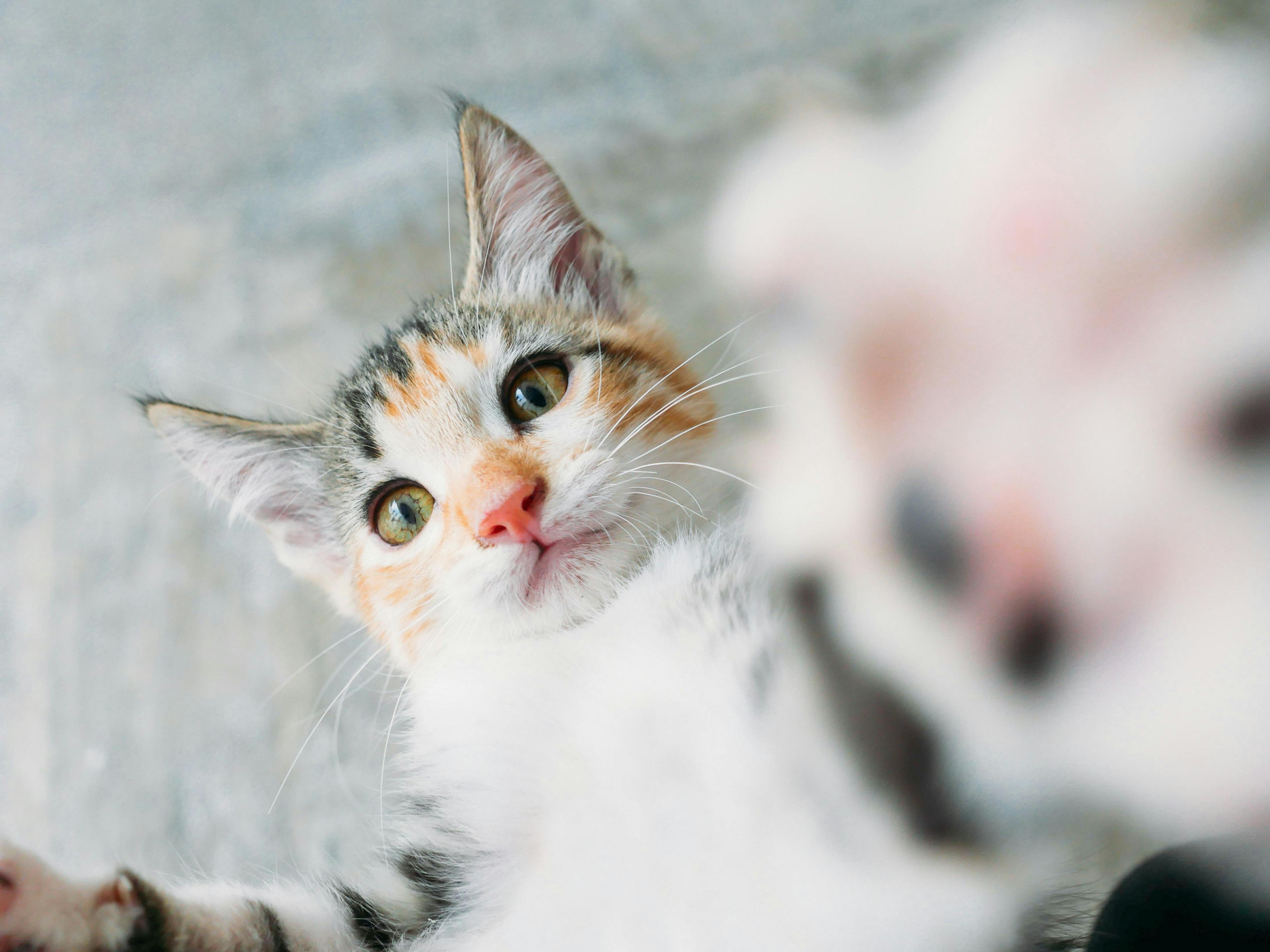Every year, on June 4th, the world takes a moment to celebrate and honor the nostrum of the kitty hugs with a "Hug your cat today" holiday. This means that today you get to spoil yourself and your lion with just a tad of extra snuggles. To honor the importance and value of kitty hugs, today we decided to strike a discussion on "cat personality".
FUN FACT: dO YOU KNOW ALL THE BENEFITS OF A cat HUG?
A hug goes a very long way. Hugging is considered a very effective remedy against stress, anxiety, loneliness and depression. This is because a nice, loving hug promotes synthesis of oxytocin ("hormone of bonding" or "love drug") in the brain. Now, a cat’s purr may go even a longer way.
"Recent research has shown that the soothing sounds of a kitty can aid your body […] because their purrs fluctuate between 20-140 Hz, a frequency range which has been proven to be medically therapeutic." - explained Kelli Bender. Purrs help lower stress, blood pressure, effects of dyspnea and depression. They promote healing of infections, bones and muscles.
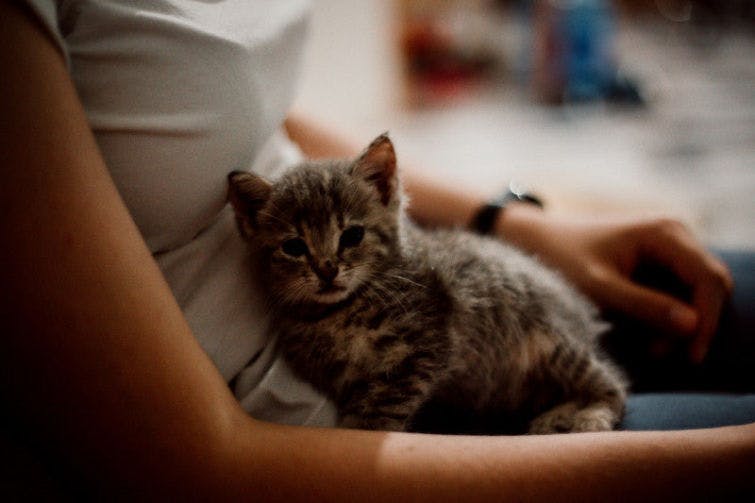
What influences a cat’s personality?
Cats inherit the personality and friendliness potentials from both of their parents. But a lot of it is actually developed in their very first three months of life. The earliest months are considered to be the most critical period in the social development of kittens.
Every single experience in this period will play its own role in the formation of the kitty’s personality. For instance, cats that are handled and positively stimulated early on usually become more social and confident later in life. These kittens are often braver, they explore more and mature faster. They will, therefore, handle stress much better growing up.
It goes without saying that the handling has to be moderate and appropriate, as stressful stimulation can have quite an opposite impact on a young kitten. On the other side, cats that are insufficiently exposed to people are naturally more likely to develop certain fears. They are at a higher risk of becoming shy, timid or even aggressive as adults.
"In order for the cat to learn to accept and enjoy a variety of types of physical contact from humans, it is critical that the human hand only be associated with positive experiences and that all physical punishment is avoided." - advises Pet Library.
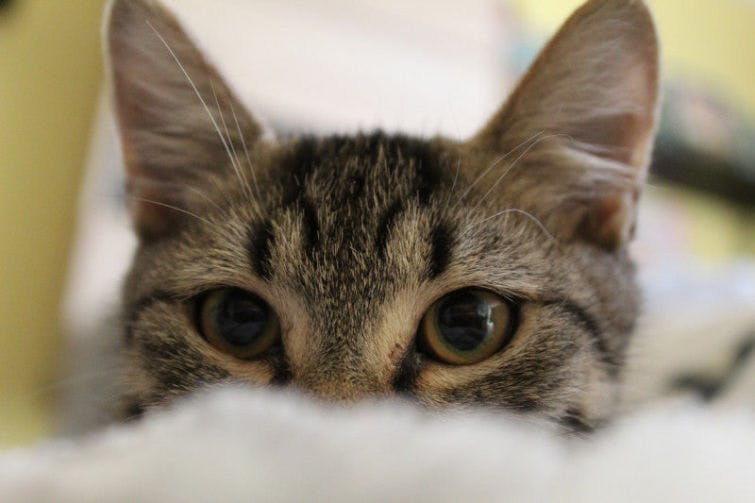
Kittens that are exposed to various traumatic experiences often develop into more careful and shier companions. The important thing to remember is that it is possible to work with adult cats too and help them overcome their fears and tensions.
What types of feline personalities are there?
Typing anybody’s personality is a difficult task. Just like for humans and dogs, the internet is filled with different cat personality type classifications. Today, we chose to share with you a classification we learned about from dr. Pippa Elliott.
According to her research, the University of South Australia a while ago conducted a questionnaire to an international array of cat owners. Based on their results, they identified 5 distinct feline personalities, which we decided to share with you today. Can you relate your cat with any of these types? Let’s take a look.
1. The Skittish Cat is an anxious or highly-strung cat. They often hide away from new people and new situations. Their strategy through life is to avoid fearful situations rather than face them. If your cat copes with anxiety, it is highly recommendable to offer it many different hiding places and to never force them to face their fears! They need time to calm down and realize that they’re safe and eventually come out and rebuild their confidence. Knowing that there is a hiding place will give them a feeling of safety and comfort in your home.
2. The Outgoing Cat is the type of a cat who will often get itself into trouble. It will go where it shouldn’t and it will do what it’s not supposed to. They can’t resist their curiosity and they love exploring and investigating. They are easily bored which often leads to destructive behavior. It is key to keep them entertained and occupied with plenty of toys and activities. Don’t forget to actively play with them yourself.
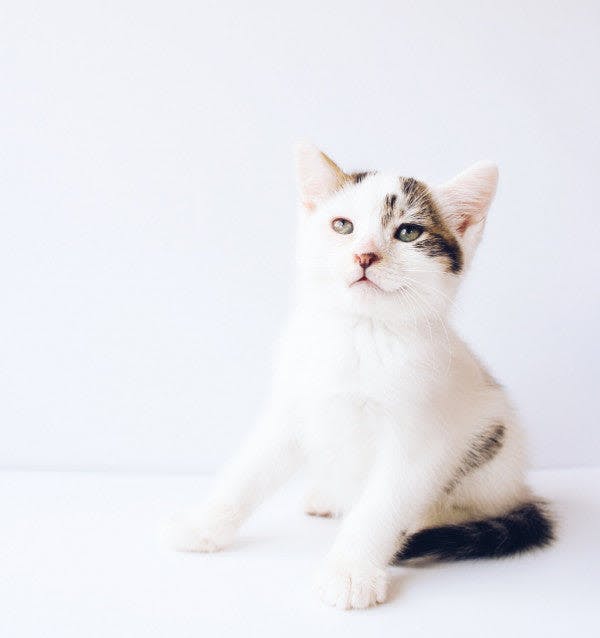
3. The Dominant Cat is the proud boss of the gang. Some may even refer to them as bullies. They are not very tolerant of other cats and they will often hog the resources such as bowls, toys and litter trays. This behavior is rather easy to handle unless you have more cats. In this case, the only solution is to provide more resources and set them apart far enough. Due to their energetic nature, it also helps to actively and regularly play with these buddies.
4. The Spontaneous Cat will never fail to surprise you. It is often really hard to predict how this cat will react in different situations. They are high in energy, but also often cope with fears and anxiety. This means that it will likely run away from any uncertainties, but then come back to investigate. It is not good to scold these cats as that would promote their anxiety. An established routine is very beneficial for them as it prevents additional uncertainties and helps them predict the situations and outcomes.
5. The Friendly Cat is the lap-cat of the family. They will purr for you, snuggle with you and sleep by your side. They are what many would call the "perfect" pet. These cats are well adjusted and socialized, so life with them is usually very simple and harmonic. They usually get along well with children and other pets too and they don’t tend to engage in destructive behaviors.
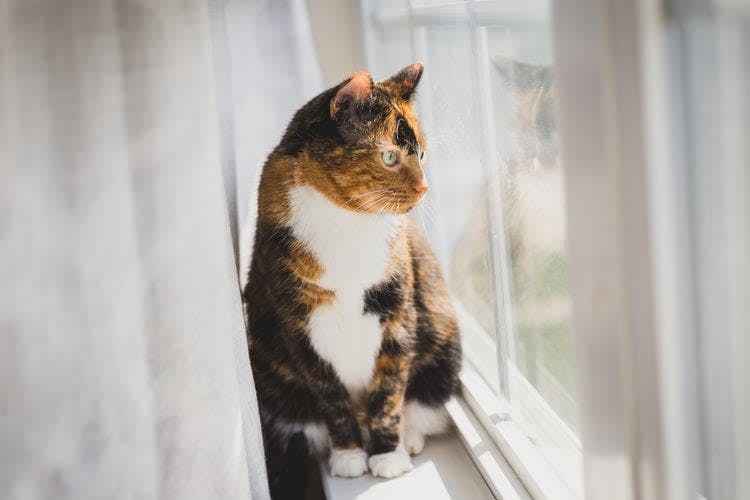
Just like us humans, no cat fits one specific personality type. Every cat is unique and every cat is a blend of different personalities. Have you recognized yours yet?"By being alert to your cat’s personality traits, you can help him live with less stress and increased contentment, which is good news for everyone involved — both 2- and 4-legged." - dr. Pippa Elliott.
Share with us what kind of a personality your cat has and don’t forget to spoil it with an extra hug today!
